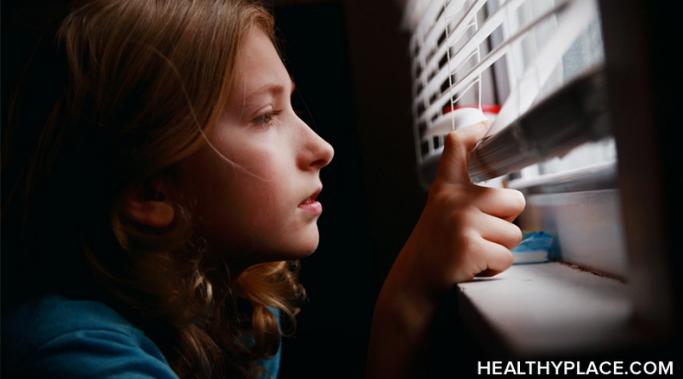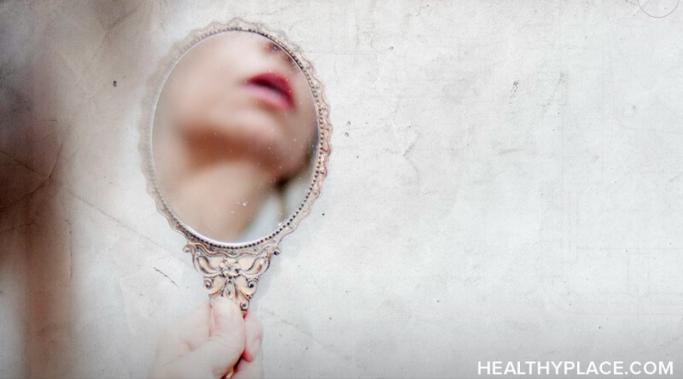In the efforts to support your family member with his or her mental illness, it is easy to stray into the unhelpful territory of micromanaging symptoms. I know this because it's a mistake that I made with my own brother.
Mental Illness and Stigma
Since my brother was diagnosed with anxiety and depression, all types of people have tried to give him advice on his mental health symptoms. Many of these people have no experience of a mental health diagnosis themselves -- and while they mean well, their mental health advice could actually exacerbate depression and anxiety symptoms if my brother followed it.
I must confess, family therapy is something our family has never tried. My brother underwent intensive cognitive behavioral therapy when he was first diagnosed with anxiety and depression, and the facilitator recommended a family therapy session. My parents declined -- I guess the idea of everyone sitting down and talking about their feelings to a stranger didn't feel right at the time.
We're all doing a lot of waiting recently due to COVID-19 restrictions -- but how does it compare to the ongoing waiting experiences of those with mental illness? Read on.
How to support someone from a distance is a question that I’ve been asking myself almost every day recently. There’s a literal distance between myself and my brother right now due to COVID-19 restrictions, but he’s also crying out for more freedom and control over his life – how do I balance giving support with giving space?
Speaking openly about mental illness helps, but one thing I know for certain is that ''talking about your feelings'' cannot cure a diagnosable mental illness. To purport this idea is reductive and shows a deep-rooted misunderstanding of the complex physiological roots of psychiatric conditions. However, through supporting my brother in his experiences with anxiety and depression, I have come to appreciate that talking openly about emotions does play an extremely important role in a family where mental illness is present.
Blaming others for their anxiety might be common, but it shouldn't be. Here's how I learned that lesson.
A diagnosis of mental illness can be shocking for both the patient and their loved ones and, unfortunately, lead to a lack of support. Prior to my husband’s schizophrenia diagnosis, I held a skewed view of mental illness believed the stigma surrounding it. After his diagnosis, I repeatedly asked myself why it couldn’t be something more seemingly straightforward, such as anxiety or depression. I learned to accept his illness over time, but it is difficult when others are not able to do the same. The lack of support we've been shown in our struggle hurts.
Mental health advocacy for a loved one fights the stigma that exists in the most unlikely places. The past few weeks were quite overwhelming. Following a stay in a psychiatric ward, my husband was released. We dealt with multiple issues during that stay, including poor psychiatric care and a bizarre meeting with a highly unethical psychiatrist to discuss said care. In short, be aware that psychiatric hospitalization, while very important, also may lend itself to abuse of power. Involve yourself in your loved one's care because mental health advocacy for your loved one is crucial.
This post was particularly difficult for me to write because mental health hospitalization is not easy to talk about thanks to mental health hospitalization stigma. This stigma is profound, and both the stigma and the hospitalization itself places great strain on both the individual requiring treatment and their loved ones. I struggled with what to write, who to write it for, and if I should even post at all. If you know me or have read my page, you will know that I write for HealthyPlace because my husband has a mental illness. He has a diagnosis of schizophrenia. He also writes for HealthyPlace as a coauthor of "Creative Schizophrenia." Since his last hospitalization, we moved halfway across the country, had our third child, bought a house to renovate, found good jobs, and learned to work through his minor relapses. A couple of days ago, his condition deteriorated. He suffered a significant relapse and displayed signs of dealing with a significant psychotic episode. Even though I blog about coping with a family member's mental illness, I dreaded what came next and the response from those around us. As I drove him to the hospital, I felt the sting of stigma over his mental health hospitalization.









